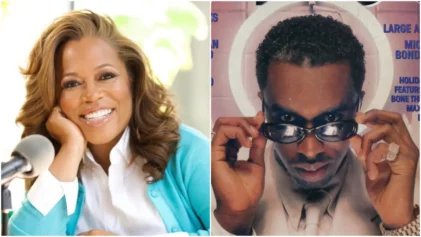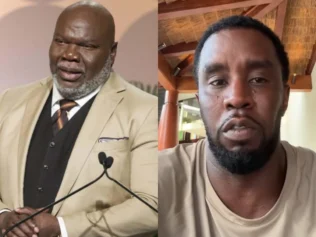
California Senior U.S. District Judge Terry Hatter Jr. was very terse in his ruling, stating that the defendants were unable to come up with any evidence to prove their claims of racial discrimination.
When the lawsuit was filed in February, Comcast and Time Warner Cable were in talks for a mega merger that ultimately fell through. Byron Allen’s Entertainment Studios led the opposition, stating that the companies “collectively spend approximately $25 billion annually for the licensing of pay-television channels and advertising of their products and services, yet 100 percent African American–owned media receives less than $3 million per year.”
Though the memorandum of understanding Comcast reached in its 2011 acquisition of NBC Universal called for the company to create four Black-owned and operated channels by 2020, the lawsuit states these Black channels are a mere “sham” and the only 100 percent Black-owned channel is the Africa Channel. The lawsuit also accuses Sharpton, along with the NAACP and the National Urban League, of accepting large cash donations in “whitewash Comcast’s discriminatory business practices.”
It’s worth noting that Revolt TV and Aspire, Black cable channels owned by Sean “Diddy” Combs and Magic Johnson, respectively, were launched by Comcast. However, Black talent is often the first resource wasted in big business deals. This lawsuit cracks a sliver of light on the true power brokers of culture and shows the potential for racial discrimination on the highest of playing fields. Executives and broadcasters wield the real power when it comes to creating media including the perception of Black talent and Black life in general. Byron Allen’s Entertainment Studios is one of, if not the biggest, independently owned production/distribution company in the world. The man knows the business, but insulting other Black-owned businesses in the process does not help.
This is a sufficient issue but when Allen refers to Sharpton as, “nothing more than a black pawn in a very sophisticated white economic chess game,” or makes fun of his literacy, it comes off more as a personal war against one man. Sharpton was the one man, not company or organization, named in a $20 BILLION lawsuit. This doesn’t help hold Comcast accountable for any violations. Without proof of discriminatory practices in the actual lawsuit, it is hard for any judge to rule in the National Association of African American Owned Media’s favor. Nevertheless, hope springs eternal for Allen. “Knowing that our lawsuit helped the FCC and the DOJ deny Comcast’s bid to buy Time Warner Cable is already a big win for us,” Allen said. “We are going to immediately appeal this decision to the 9th Circuit Court of Appeals who I believe will deliver us a favorable decision.”


